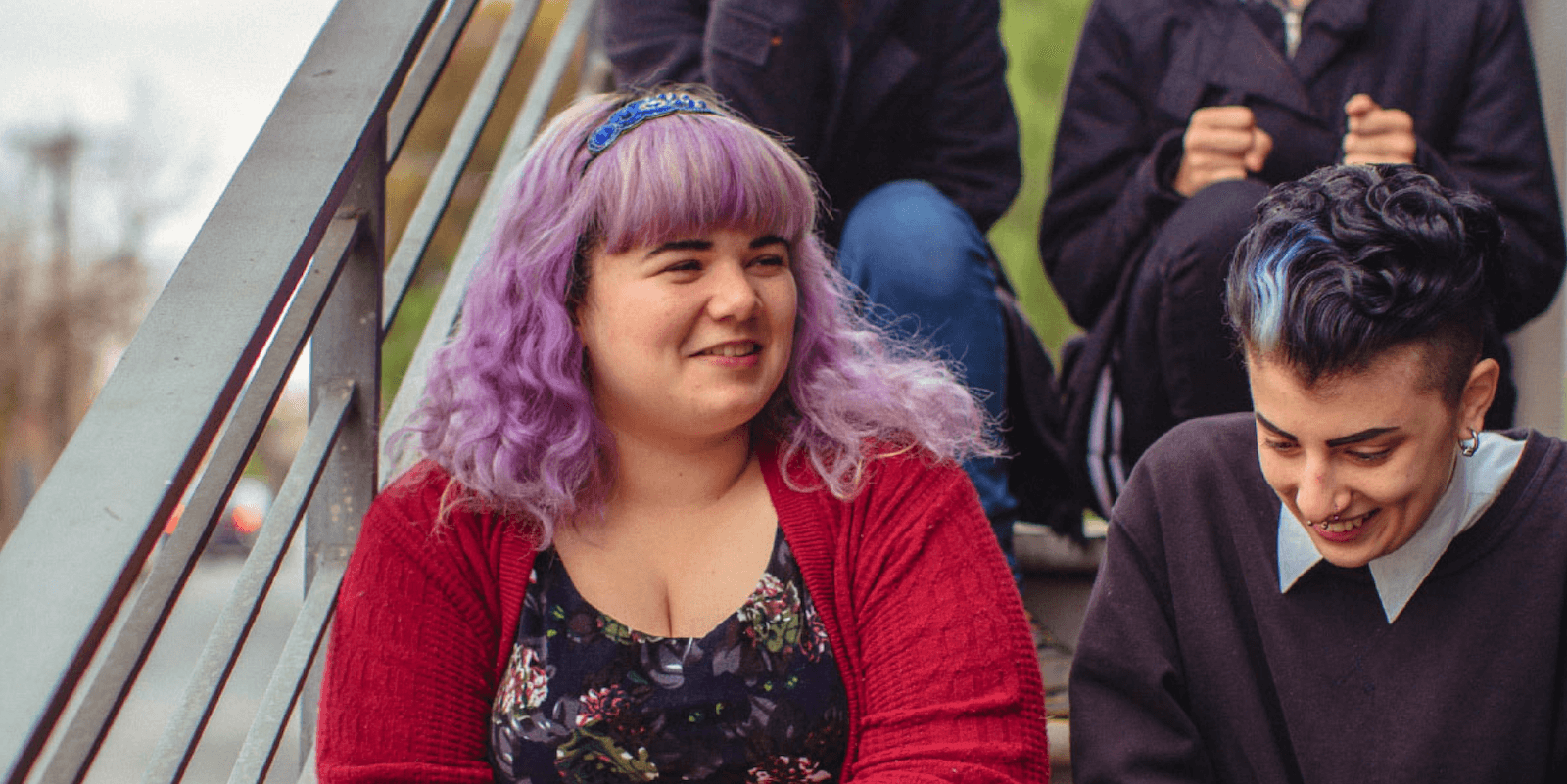
Why 'passing' can be total rubbish
People often view transitioning as ‘you were one gender, and now you’re another one’. But that’s not really how it worked for me.
Passing is a term to describe when a trans person's gender is recognised by the people around them. So if you're a trans guy, 'passing' would mean that other people see you as a guy too. In theory it sounds like a pretty positive thing to aspire to, but the idea of passing goes a little deeper than that.
Passing can sometimes be used to pressure others (or even ourselves) to conform to other people's expectations of gender, and this reinforces the idea that there’s a ‘right’ way to express gender, whether that's male, female, or any other identity. That's where it can become damaging.
Consider a young trans girl who’s just come out. The pressure to look or act a certain way is enormous. Unlike what advertisements might lead you to think, being a girl doesn’t necessarily mean having long hair, wearing skirts and loving Taylor Swift. Gender is an identity, not a physicality. There’s no one true way to look like a girl, boy or anything else.
When a person comes out as trans, it often means that they can finally begin to express themselves in a way that reflects how they're feeling. The choices they make in terms of their hair, makeup, clothes and how they look are all types of expression, and often can be a tool to help convey to people around you what your gender identity is. This is what’s known as gender expression.
There are no strict rules to gender, and in a perfect world you should never feel pressured to look, dress or act a certain way in order to have your gender recognised by others.
But we don't live in a perfect world, and society sometimes still has expectations around those identities and not everyone is ready or able to break down gender norms (nor should they have to).
I remember growing up and feeling that pressure to act more masculine. I tried to deepen my voice and sound more ‘like a boy’ because I thought that's what others expected of me. When I came out as non-binary I felt guilty that I wasn’t shaving my legs, wearing more makeup and acting in a more feminine way.
Surrounding myself with likeminded friends was the most empowering experience though. As I saw others around me dressing and acting how they wanted without worrying if they were passing or conforming to other people's expectations, I grew more confident and felt like I could do that too. It showed me that I’m happiest when I look and present in a way that reflects how I act naturally, not how others want me to act.
That includes learning that it's okay to change your gender expression based on where you are and who you're with. After all, feeling safe is an important part of being comfortable. I'll probably dress more masculine when I walk down the street to my friend's house, and there's no shame in that.
No matter your identity, your only responsibility is to wear what you want, express how you feel, and be yourself in the way you feel most comfortable, empowered, and safe.
Related articles
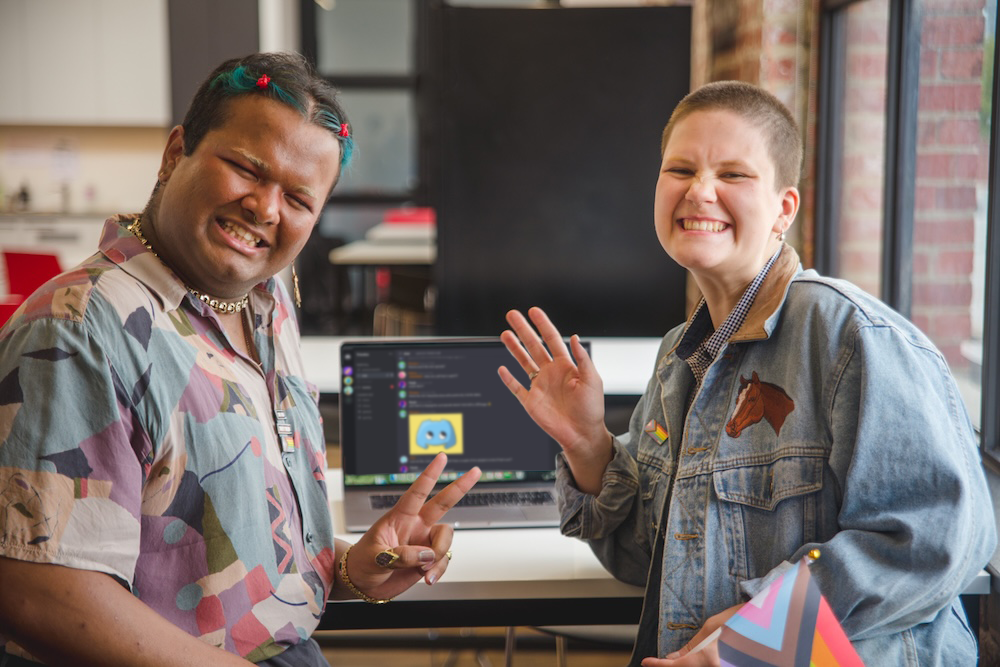
From December 10, big changes are coming for anyone in Australia under 16. Here's how we'll support you to remain connected with your community.
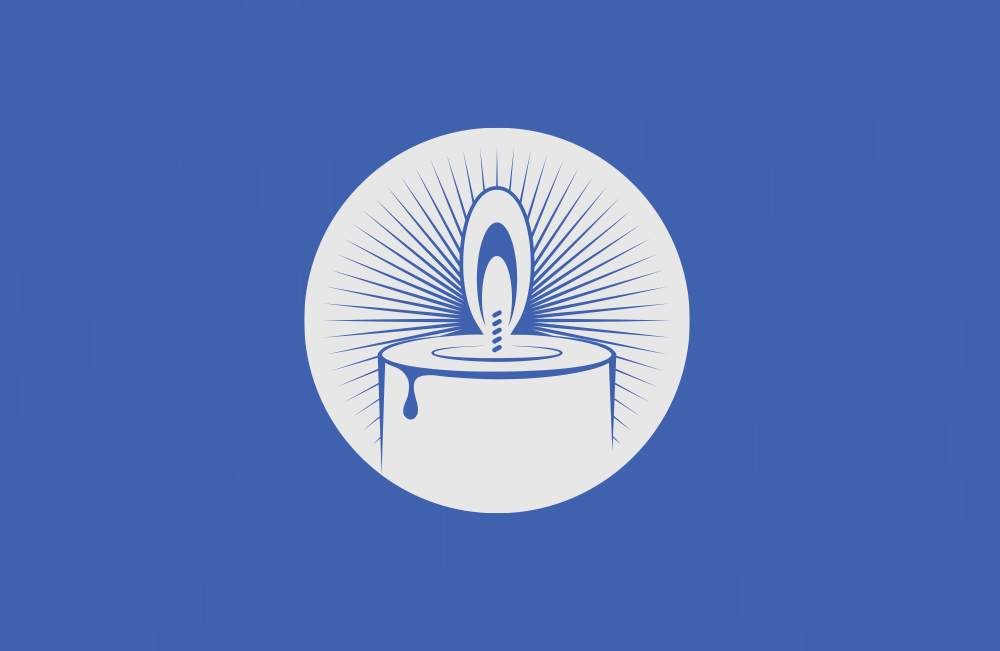
Trans Day of Remembrance is an important opportunity to honour those who have lost their lives to transphobic violence, and take a stand against transphobia.
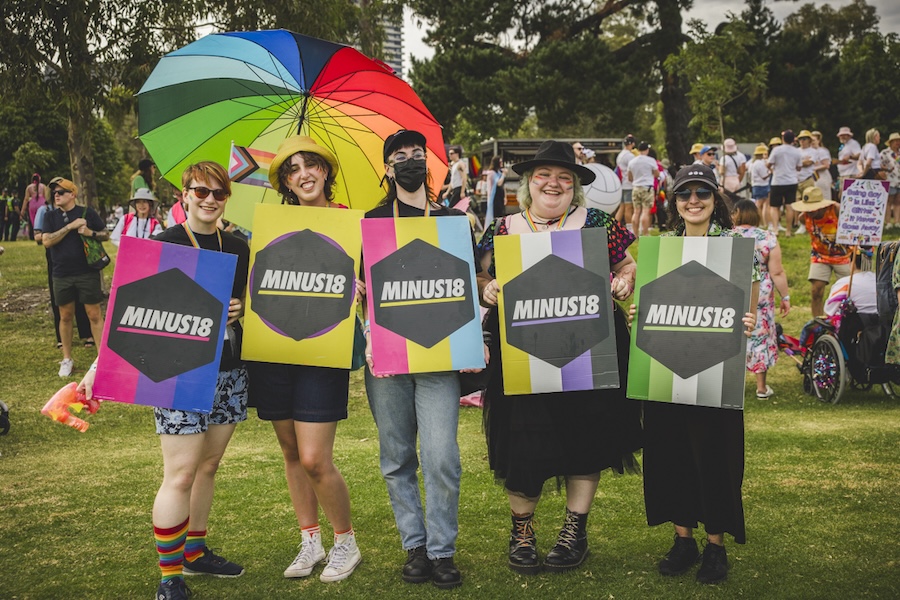
Labels can be comforting – a way to find people who understand you, and proof that you’re not alone. But it's also okay if you're still figuring it out.
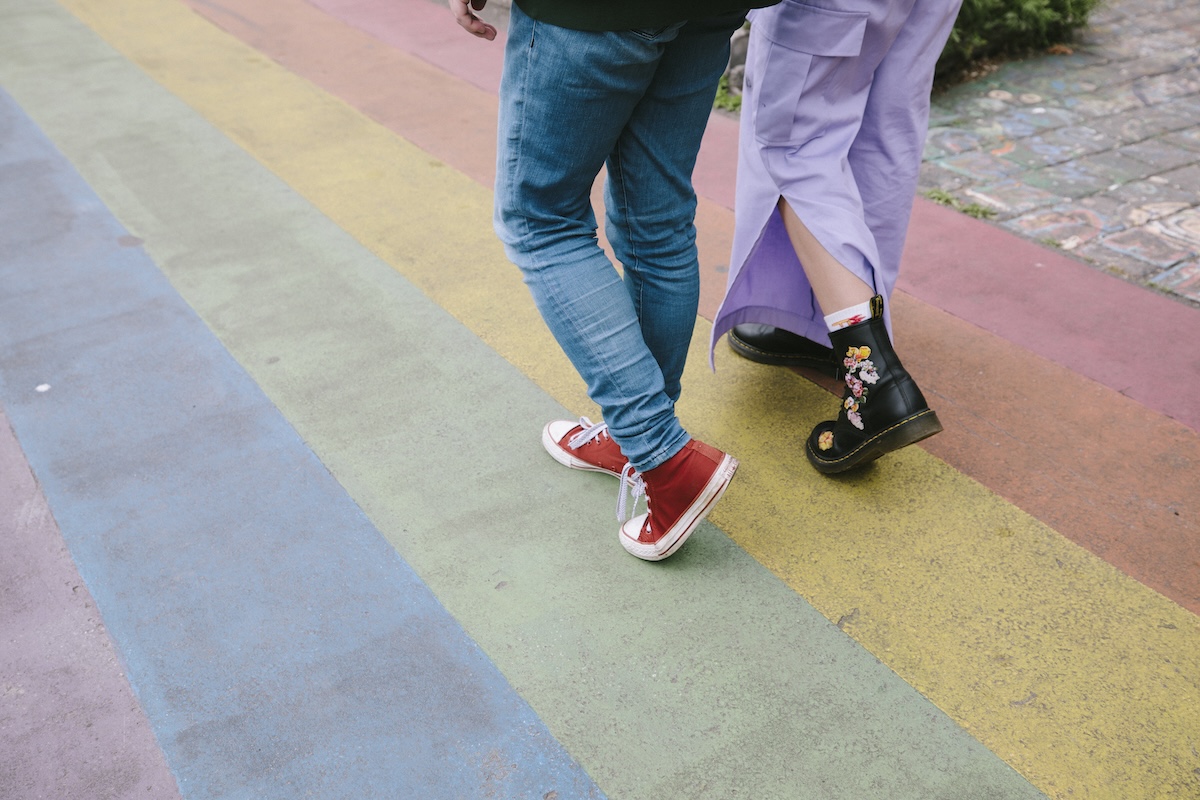
Uncertainty can be beautiful. Being “in-between” labels, between versions of ourselves, is part of life.